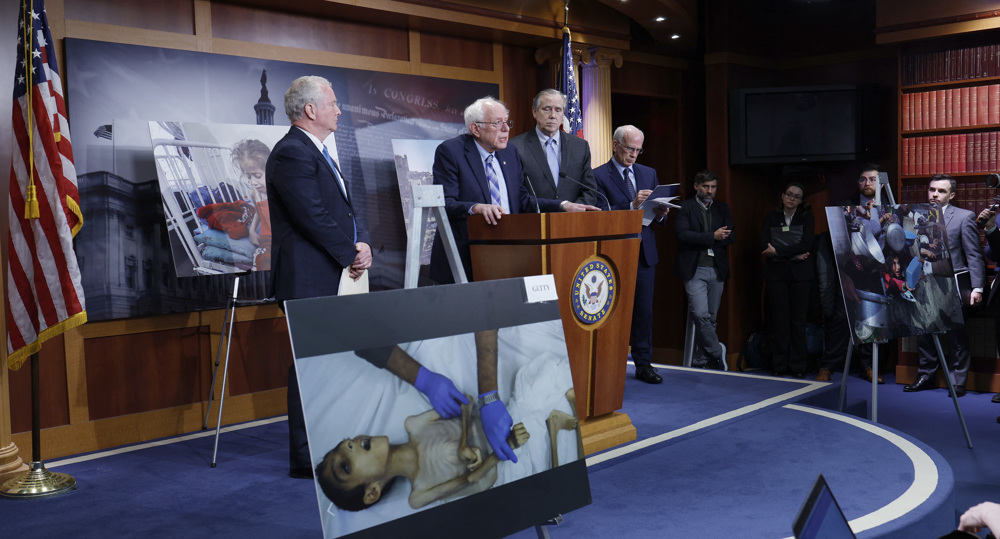US adds Myanmar ministries, army conglomerates to trade blacklist
The United States has announced new penalties to punish Myanmar’s army for its February 1 coup which overthrew the country’s de-facto leader Aung San Suu Kyi.
Washington said Thursday Myanmar’s ministries of defense and home affairs as well as its top military conglomerates will be added to a trade blacklist.
The US has also subjected the Southeast Asian country to “military end use” export control limitations, requiring its American suppliers to seek difficult-to-obtain US licenses to ship it certain items.
The move comes following the escalating crackdown and violence in Myanmar amid streets protests against the military takeover.
“We will not allow the Burmese military to continue to benefit from access to items subject to the Export Administration Regulations,” the Commerce Department said in a statement, noting it was reviewing additional potential action.
The United Nations human rights chief has called on Myanmar's ruling generals to halt their "vicious crackdown on peaceful protesters" and asked them to release people arbitrarily detained during the ongoing unrest.
Michelle Bachelet, in a statement on Thursday, decried the use of live ammunition against peaceful protesters during massive rallies over the past few weeks.
"Myanmar's military must stop murdering and jailing protesters," Bachelet said, adding, "It is utterly abhorrent that security forces are firing live ammunition against peaceful protesters across the country."
Early in Feb., US President Joe Biden levied sanctions on a number of military leaders in the country. He also said he would deprive the junta from getting access to $1 billion funds being held in the US.
And according to Reuters, US officials last month prevented Myanmar’s military rulers from moving the money held at the Federal Reserve Bank of New York.
On February 1, a number of military commanders detained Suu Kyi and President Win Myint as well as other senior figures from the ruling party over what they called irregularities in the November election that saw Suu Kyi’s party win a majority of seats.
The junta also handed power to General Min Aung Hlaing and said it would take control of the country for one year.
Since then, the Burmese cities have been the scenes of widespread protests against the military.
VIDEO | Iran eases the rules for exporting hand-woven carpets
VIDEO | Intl. Day for the Elimination of Violence against Women: A stark reminder of Gaza women
Australia denies ex-Israeli minister Shaked visa
VIDEO | 85% of Yemeni displaced people face daily hunger crisis
US House passes bill targeting charities and pro-Palestine groups
VIDEO | Supporting Gaza genocide
Hezbollah attacks Israeli forces after Lebanese homes blown up
World leaders, states hail ICC arrest warrants for Netanyahu, Gallant













 This makes it easy to access the Press TV website
This makes it easy to access the Press TV website